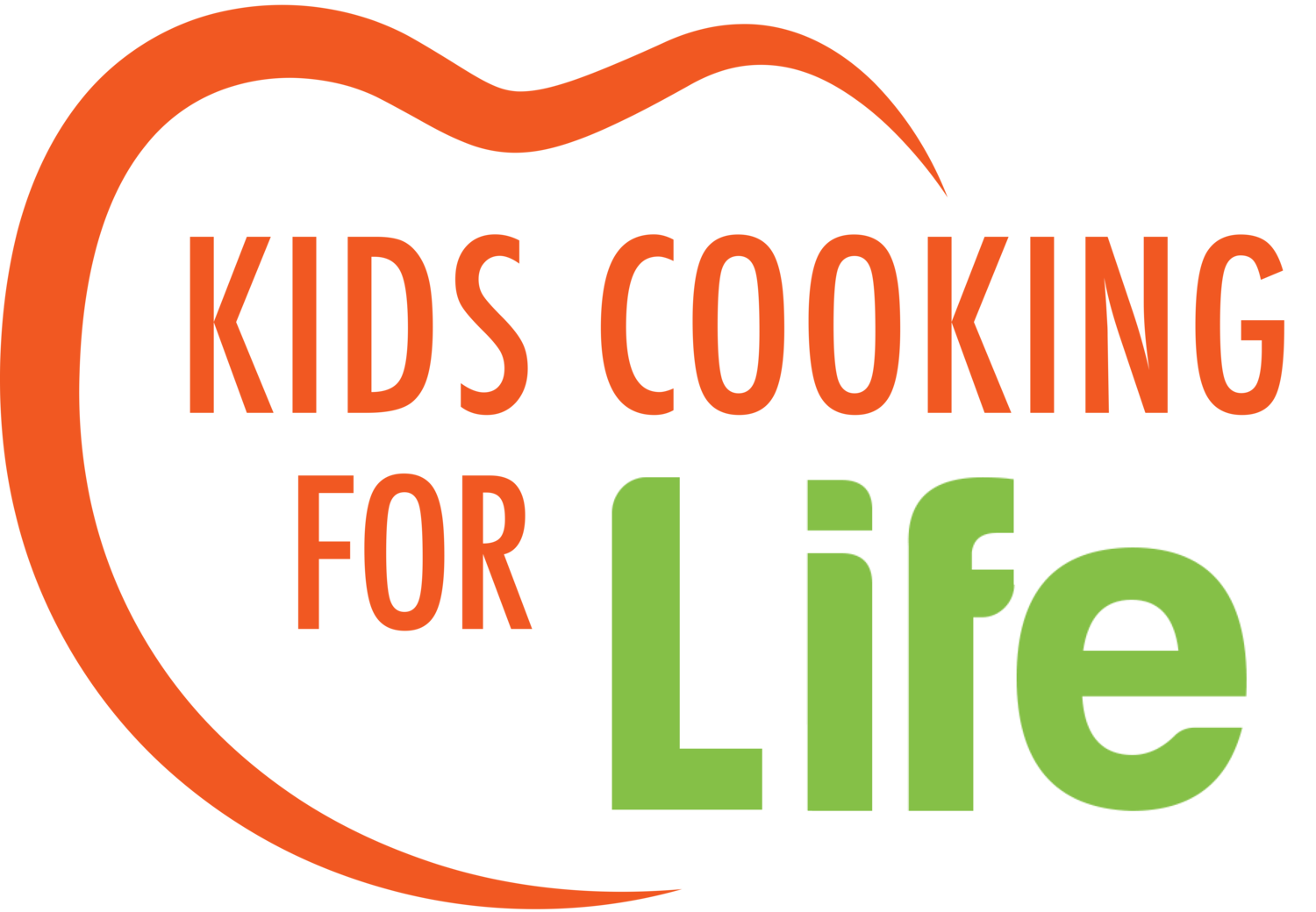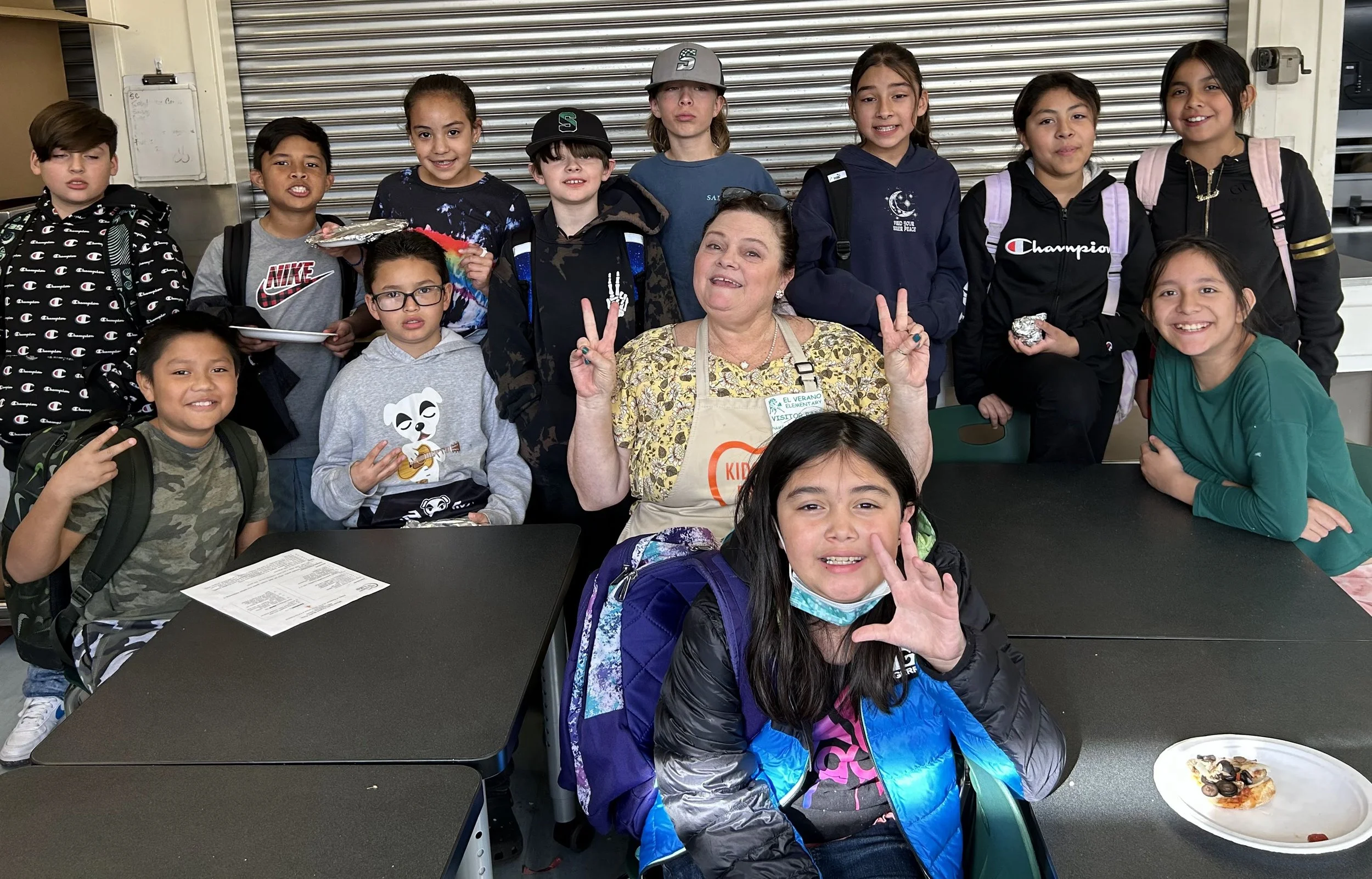WE TRAIN YOU TO TEACH
Kids Cooking for Life Partners With Youth Centered Organizations

We can do your lesson planning, recipe selection and grocery shopping while you focus on cooking with your students.
Do you already run cooking classes in your organization but face challenges with thoughtful lesson planning, recipe selection and grocery shopping? Then the Together We Cook (TWC) program is for you. We are happy to provide professional training to your qualified staff. We share our curriculum which builds progressive skills and competency and produces capable, food savvy young chefs, who can make smart food choices.
Frequently Asked Questions
-
We provide on-site mentoring where your staff will watch and learn our method of class planning, set up and teaching. Subsequent support is available via remote guidance through a virtual meeting. Grocery delivery is fulfilled a few days prior to the class.
-
We expect your teaching staff to be capable cooks with a passion for healthy eating. They should possess a good understanding of nutrition, healthy food choices, and have experience of cooking recipes with whole grains, lean protein, fresh produce and fruit. They should be knowledgeable about sugar and saturated fat reduction and know how to replace empty calories with macro and micro nutrients.
-
Minimum age is 9 or grade 4. Most children we teach are in grades 4 - 8 and our special education classes are in high schools.
Students must be old enough to read the recipe and follow the instructions.
For children in grades 4 and 5, we work on fine motor skills such as knife use, measuring, stirring, learning about natural ingredients and the fundamentals of cooking. With older kids, we hold deeper discussions on variations, substitution and heat handling and we also teach more complex nutritional information.
-
Please contact us at program@kidscookingforlife.org. We can’t wait to hear from you.




